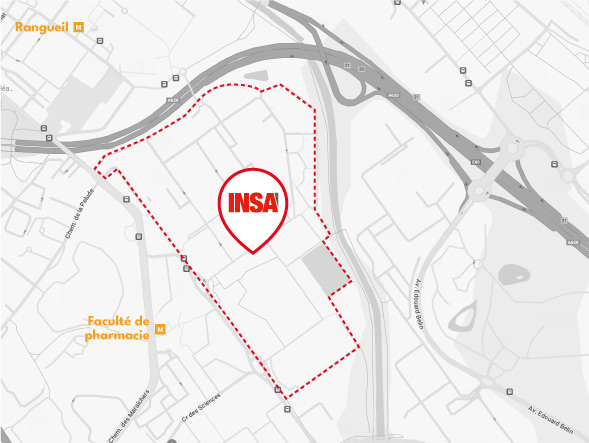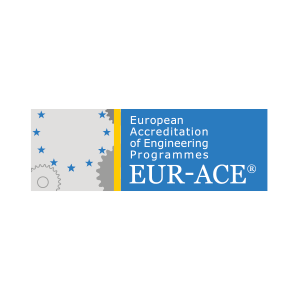Objectifs
This course is divided into three modules (Electrokinetics 1, Electrokinetics 2, Electrostatics). It begins with an introduction to the basic concepts of electrokinetics (current, electric potential, voltage, etc.), the study of voltage/current generators and resistors, and their characteristics in a steady-state regime. This is followed by the study of electrical circuits using various general laws and theorems. Topics covered include Kirchhoff's laws, superposition theorems, Norton's theorem, Thévenin's theorem, Millman's theorem, and simplification through equivalent circuits. The course then delves into the operation of two other elements, namely capacitors and coils, in circuits, both in transient and sinusoidal states. Mathematical formalism using complex notation to describe the latter will also be employed. Students will grasp these concepts through interactive lectures, and they will see practical applications and engage in exercises during tutorials. The setting up of electrical circuits and the visualization and measurement of signals/parametersand other phenomena will be put into practice during labs. An introduction to instrumentation using LabVIEW will also be offered during these sessions.
Finally, the electrostatics part aims to discover how the natural sciences formalize electrical effects related to electric charges present in matter. This formalism also allows for the study of spatial representation (coordinate systems) and field theory (differential operators). Phenomena depending on time (moving charges) are not covered. The various chapters of the course and associated tutorial sessions enable students to progress towards calculating the electric field and electrostatic potential generated by any charge system and describe the electrification of conductive materials. This introduction leads to capacitors and methods for storing electrical energy associated with them. A practical session illustrates the main effects of electrostatics (electric forces, point effects, electrostatic influence).
The aim of the course is to discover the way natural sciences formalize the electrical effects, linked to the electrical charges present in matter.
This formalism also makes it possible to work on the representation of space (coordinate systems) and field theory (differential operators). Time-dependent phenomena (moving charges are not covered). The different chapters of the course and the associated tutorial sessions allow students to progress towards the methods of calculating the electric field and the electrostatic potential generated by any system of charges, then towards the description of the electrification of conductive materials and thus to introduce capacitors and the associated methods of storage of electrical energy. A practical session illustrates the main effects of electrostatics (electrical forces, tip effects, electrostatic influence, etc.).
Pré-requis
Mathematical tools of 1A : Vectors, derivatives and integrals
Évaluation
L’évaluation des acquis d’apprentissage est réalisée en continu tout le long du semestre. En fonction des enseignements, elle peut prendre différentes formes : examen écrit, oral, compte-rendu, rapport écrit, évaluation par les pairs…













